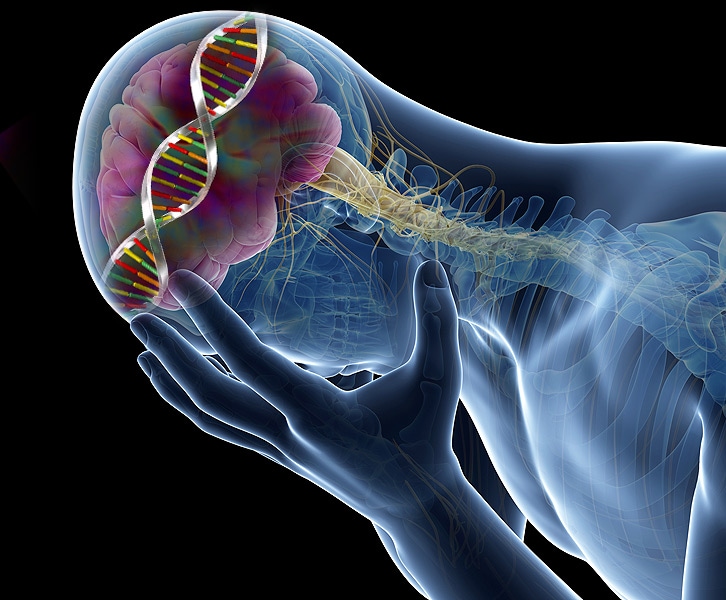In recent years, it has been identified that major
depressive disorder is a very noteworthy disease and health problem. However,
its biological infrastructure is not well understood. This is due to the
diseases heritability and its variability in the symptoms. Nature Genetics posted a recent study that pinpointed four separate
genome regions with five independent gene variants that are linked to
depression. The meta-analysis of data collected within this study was collected
by both previous studies published about depression as well as the consumer
genetics company 23andMe. These studies help to pinpoint the specific regions
of the chromosome that have been commonly linked to depression. Although there
is not enough research yet to prove this, a correlation can suggest an
explanation. One of the most important genes to be associated with depression was
OFLM4 (a protein that boosts tumor growth) which is usually expressed in the temporal
lobe and the amygdala.
There was a sum of 15 independent chromosomal regions that
attracted attention. Many of the associations seemed to be close to genes that
encoded proteins that were involved in gene regulation. Specifically, these
regulators were associated with the central nervous systems development. This
means that there could absolutely be a correlation to depression. In both of
the sets of data that were examined in this study, there was a link to people
who had reported a self-diagnoses of depression. Overall, 17 separate locations
in the genome were linked to major depression.
I find this very interesting because until recently, there
has been very limited research on the origin of depression. It has been debated
whether it is related to genetics or completely unrelated or both. Although
this research shows a correlation between specific locations in the genome that
are associated with the diagnoses of depression, there is still much to be
learned about the link between genetics and depression. However, this new
research gives us hope that it will provoke more studies in the future that may
help to get to the bottom of the question of whether genetics are linked to
depression.

I found this so fascinating. I have always wondered if genetics is correlated to depression. I found it interesting that one of the most important genes to be connected with depression is usually expressed in the temporal lobe and the amygdala. I am hoping through many studies, the link between genetics and depression will be solved!
ReplyDelete